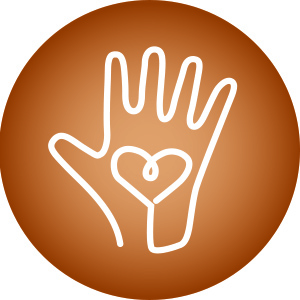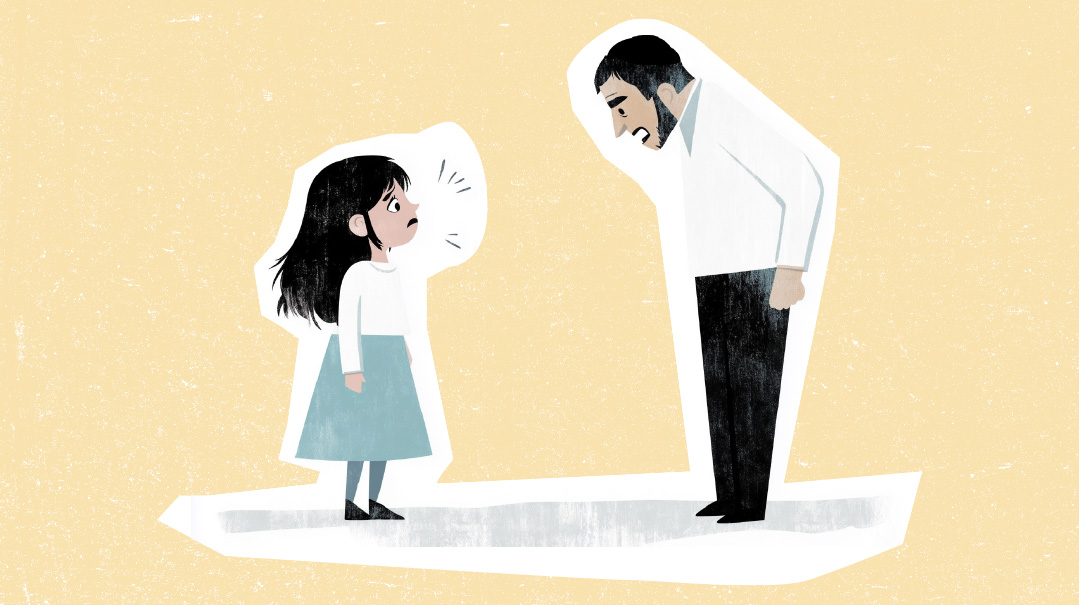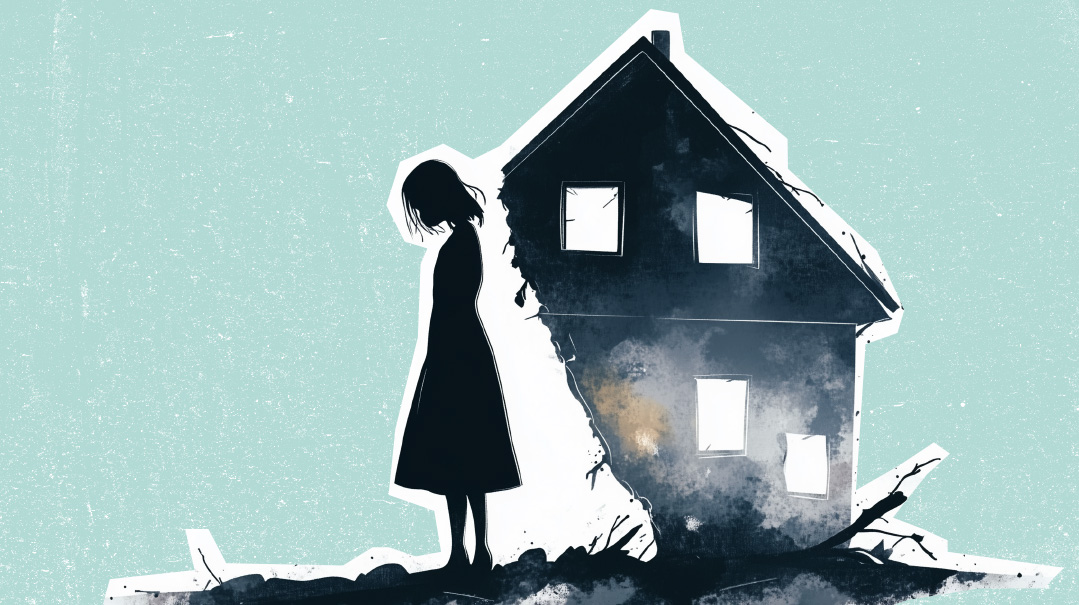How to Help a Child Simply Not Doing Anything

Hashem has installed a “survive and thrive” program within each of us

Your recent article, in which you described a teenage boy with minor ADHD issues, his lack of accomplishments and the ensuing embarrassment the parent feels, had me riveted. This
describes my son Dovid. I’m not embarrassed of my son, nor frustrated with him. Instead, I deal with guilt, helplessness, and frustration over my inability to help my son. It’s my job as a parent to assist him in actualizing his full potential, but I’m at a loss how to do this. He has borderline ADHD, borderline learning difficulties, and borderline social issues, all negligible enough not to respond to intervention, but when all combined, make up a picture as you described — a child simply not doing anything.
How does one help such a child? We’ve done years of therapy, but when focusing on the ADHD, the learning difficulties were neglected. When focusing on the learning, the social deficit was neglected, etc. Traditional therapies don’t help because there are so many little things that make up the big picture, and there’s not one clear diagnosis. I’m in a lot of pain and distress over this. Can you help?
A
You’ve realized — after years of trying all sorts of interventions — that you can’t help your son. That’s huge. And devastating. After all you’ve done, the young man isn’t ready for adulthood and isn’t even showing signs of getting there. What you call your helplessness is also clearly fear for his future. What will happen to him? What will become of him as his peers move forward on their “normal” trajectory of learning, marriage, family, responsibility?
It’s excruciating to watch one’s child suffer. However, the story parents tell themselves about their child’s experience can either deepen or lighten their own anguish. For example, when a mother imagines her cherished son living an impoverished, isolated life, crying himself to sleep each night, helpless to effect change, living his life without comfort or joy, then of course her heart will be crushed.
But this picture does no service to the parent or the child. Hashem has installed a “survive and thrive” program within each of us. This program induces us to survive, seek pleasure, and reduce pain. Even now, your son is operating according to the dictates of that inborn program — he lies in bed and refuses to venture forth in order to minimize his pain. He reduces his chances of failure and rejection by staying put. It looks bad to you because you know that this strategy brings short-term relief at the cost of long-term progress. But while he indulges in it, he’s suffering less than you. In fact, because of that instinctive programming, he’ll always suffer less than you because your pain is based in the infinitely intense world of imagination. He’ll find ways to take care of himself all throughout his life, ways to reduce pain and find both comfort and pleasure. You need to remember this.
His life may not look like the life of his siblings. In fact, it may not look like any life that you personally would want. Nonetheless, like the rest of us, he’ll continue striving to succeed on his own terms. Like all “special needs” individuals, he’ll march to a different drum. We know that and accept that when we’re raising children with “official” disabilities. And yet it is equally true for those with “invisible” disabilities — unnamed deficits and challenges that present roadblocks to normal accomplishment.
When parents adjust their expectations appropriately, taking into account their child’s actual condition (call it what you will), they can sometimes provide more appropriate support. For instance, instead of expecting the young adult to continue with advanced studies, parents might find the equivalent of “sheltered workshops” — experiences such as apprenticeships that give the child the opportunity to move forward successfully. Those who don’t get out of bed don’t realize there is something they can do in this world. Instead of hoping that the youngster will suddenly “normal up,” parents can accept that there’s some sort of diagnosis and then be in a better position to help the child move forward more appropriately. Parents can move forward emotionally by finally acknowledging that their normal-looking child is, in fact, handicapped, and will not be hitting adult milestones in the way that they hoped. Grieving the loss of these hopes actually frees both them and their child.
And last of all, it is what it is. The youngster will find his own, unique way, secure in Hashem’s hands, as we all are.
Have a question for Mrs Radcliffe? Send your queries about parenting or personal growth to familyfirst@mishpacha.com
(Originally featured in Family First, Issue 753)
Oops! We could not locate your form.











